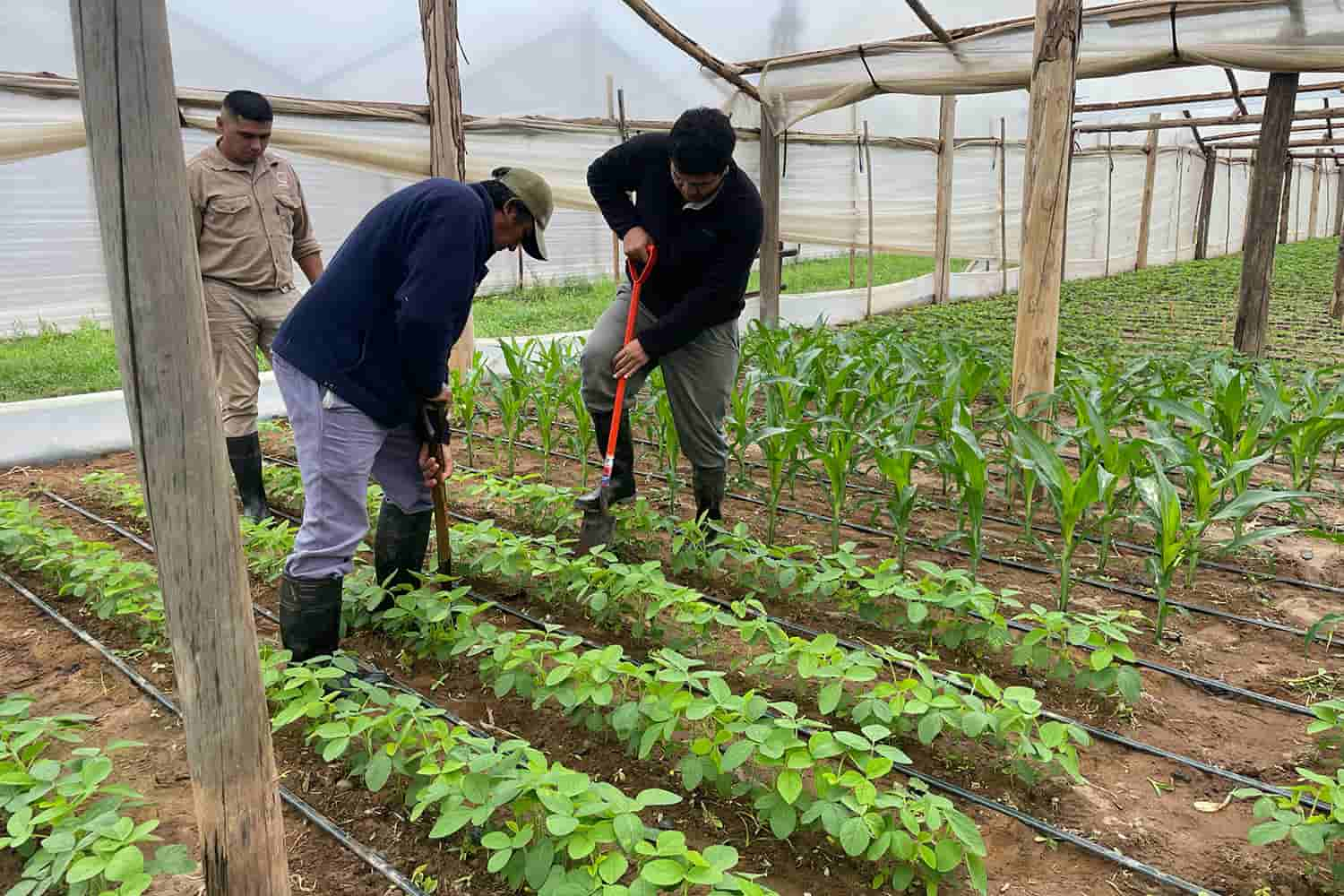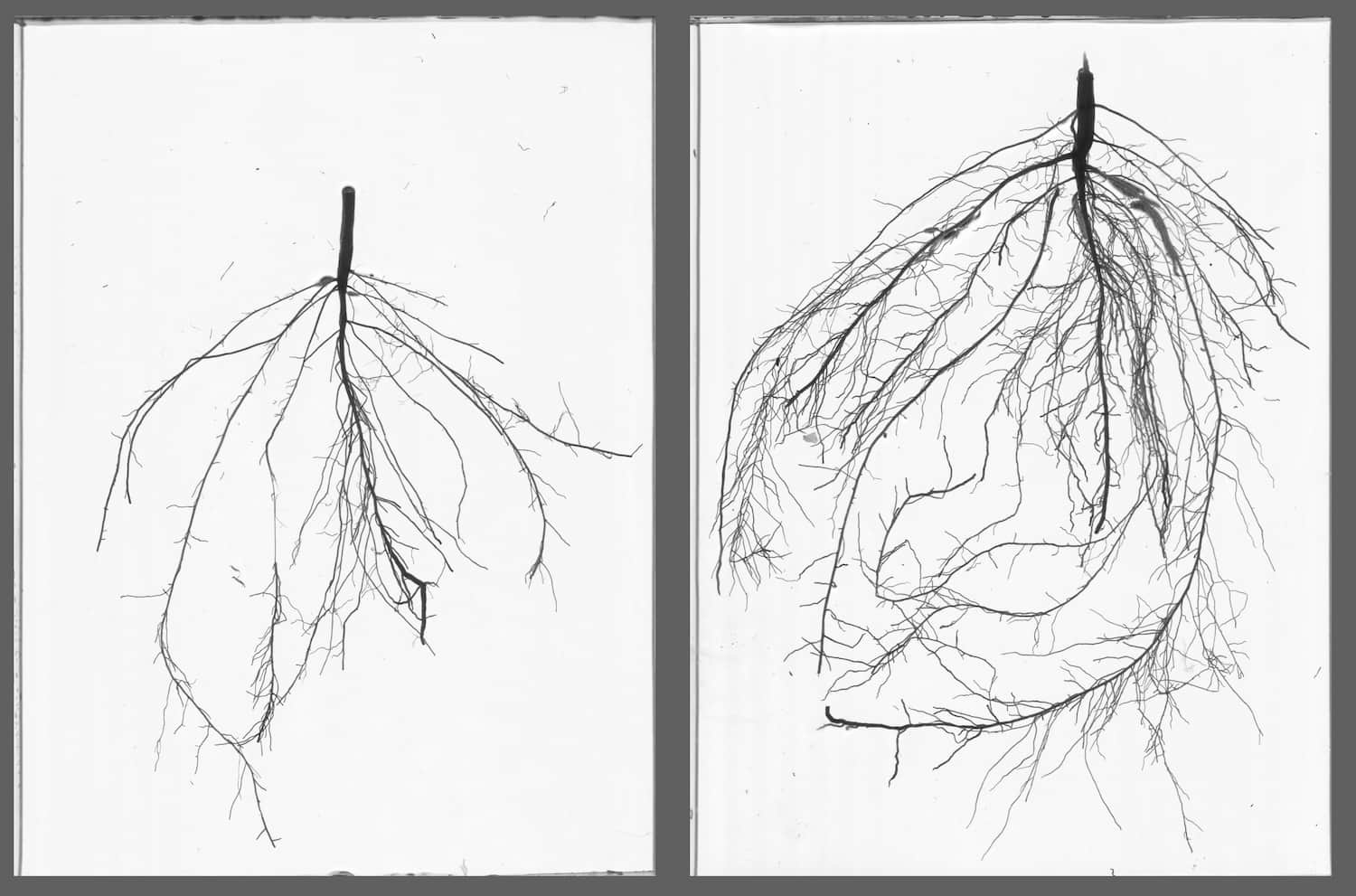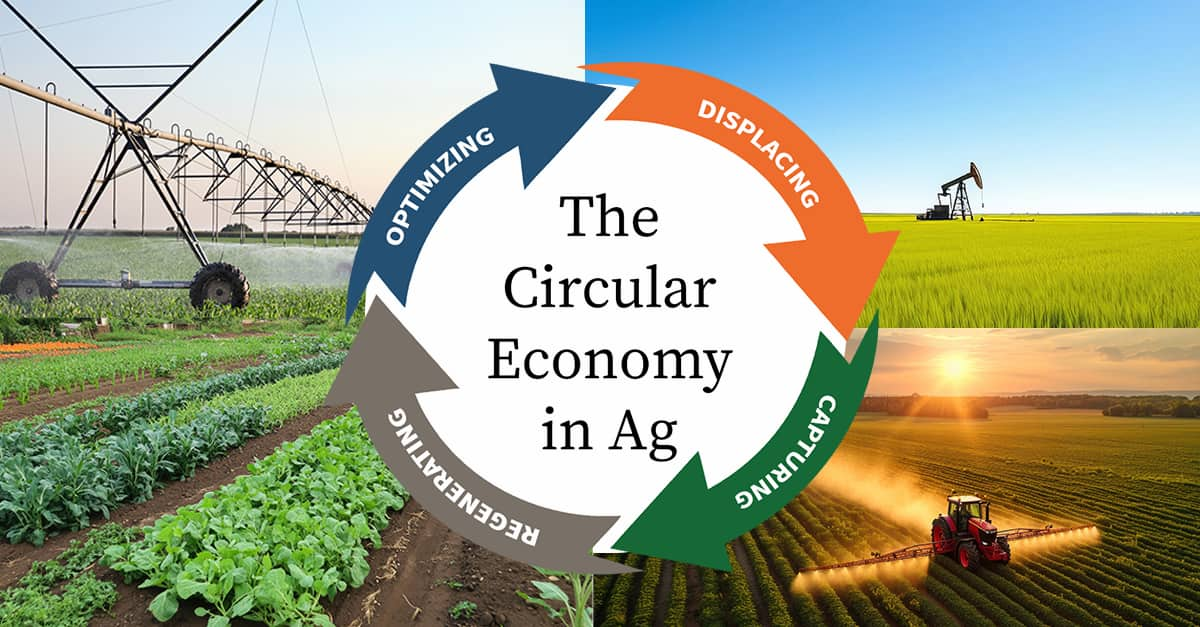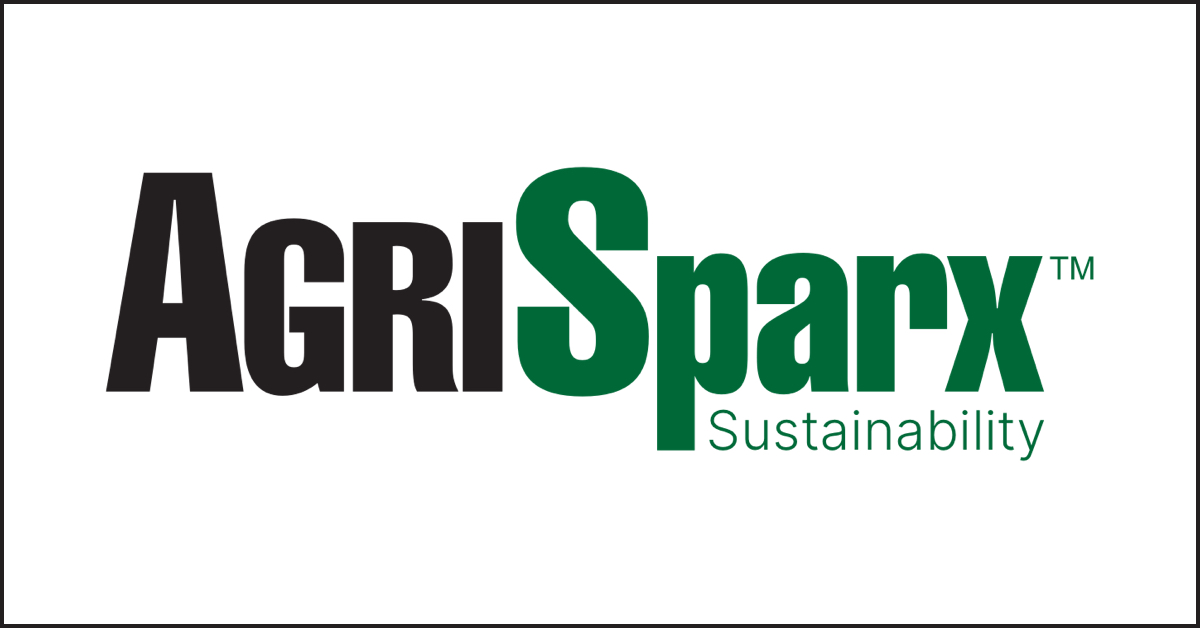
As an AgriThority® Product Development Agronomist, LATAM, Eleonora applies her expertise in entomology, as well as biological and synthetic chemistries for crop protection. Eleonora is a Master’s degreed entomologist and agronomist with project experience.
As agriculture faces increasing uncertainty from climate change and environmental pressures, greenhouse trials are an important factor in the development of new technologies and innovations. Greenhouse trials give scientists areas where the crop grows under optimal, stress-free conditions. This allows researchers to manage environmental factors, such as water stress, heat stress, solar radiation, and nutrient availability through variable fertilizer rates. In greenhouse trials more controlled testing of new technologies delivers quicker results and helps generate potential best management practices to advance agricultural innovation prior to field trials.
Benefits of Greenhouse Trials
Greenhouse trials offer several unique advantages:
- Stress testing: Irrigation systems allow researchers to compare fully watered plots with drought-stressed plots.
- Climate regulation: Adjustable roof and side panels to control solar radiation and temperature.
- Nutrient management: Fertilizer and organic amendments can be applied with precision and re-applied as needed.
By managing these factors, the research team can determine the key differences between technologies in early development stages and provide actionable data impacting future trials in late development.
Controlled trials aren’t just about testing products – they are about planning for future challenges. As climate change forces farmers to grow in less predictable environments, technologies that improve crop resilience under stress will be critical.

Bella Vista Greenhouse Trials
The AgriThority® team is currently conducting a series of trials with a research partner in Bella-Vista, Corrientes, Argentina. Unlike typical greenhouses that rely on artificial growing, crops here are planted directly into the soil, allowing our research team to adjust water availability, solar radiation, and nutrient inputs to mimic both optimal and stressful conditions.
The station’s sandy soils, with high infiltration and low organic matter, are perfectly suited for biostimulant, fertilization and nutrient management trials. By designing studies in both optimal and stress scenarios—such as drought, heat, or limited nutrients—our researchers can measure how products perform when it matters most.
For example, a current soybean trial is testing a biostimulant applied as both a seed treatment and foliar spray. The research team is closely monitoring outcomes like root development, canopy greenness, nodulation, and yield under controlled water stress conditions. These insights provide precise, reliable data that help companies understand whether their technologies truly deliver value.
Within these trials, our team is using cutting-edge techniques to ensure robust and accurate results, including:
- Macro- and micronutrient tissue analysis to track product mobility.
- Root imaging and software-based evaluations to measure root length and area.
- Advanced canopy imaging to assess greenness and biomass coverage.

These tools provide a clear picture of how products influence plant growth, development, and yield.
Greenhouse trials are more than an experimental field. It’s a bridge between product innovation and real-world farming, helping the agricultural industry deliver solutions that keep farmers productive in a changing climate.
When your new biological crop input technology is ready for product development, turn to AgriThority® for strategic and scientific expertise. Our global footprint is combined with our deep understanding of agricultural business, regulatory demands, market channels and producer dynamics We help move your innovation from concept to commercial adoption.
Reach out or call +1 (816) 891-0916 to learn more.


